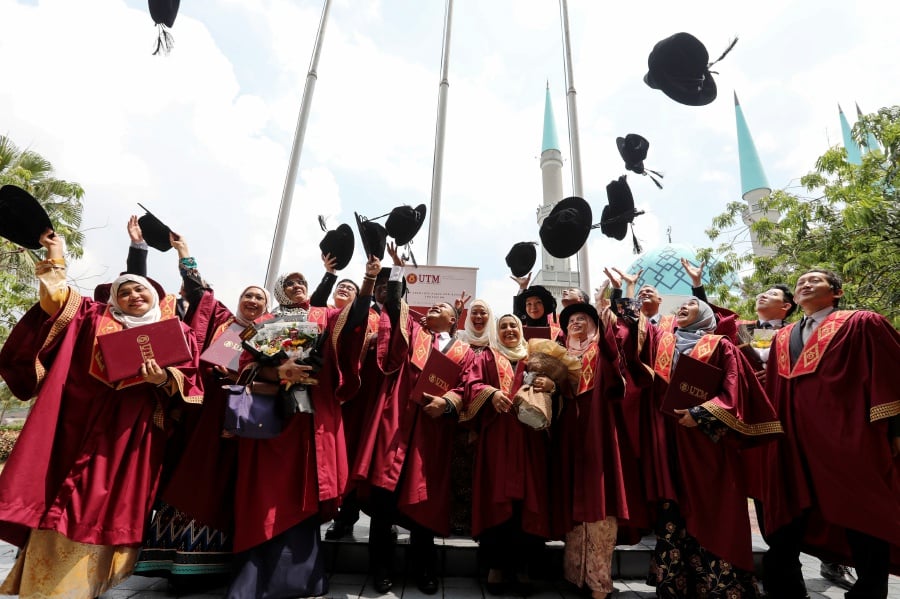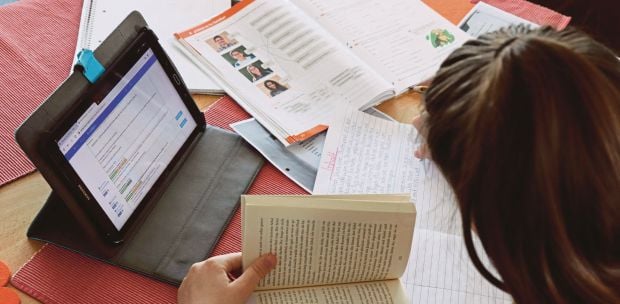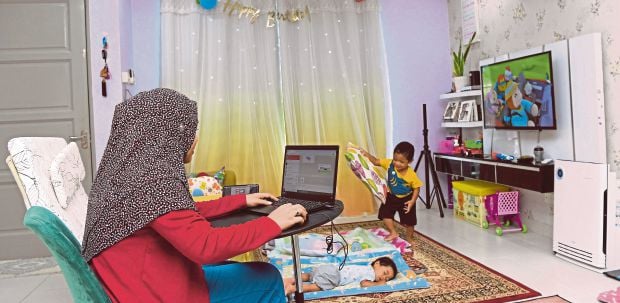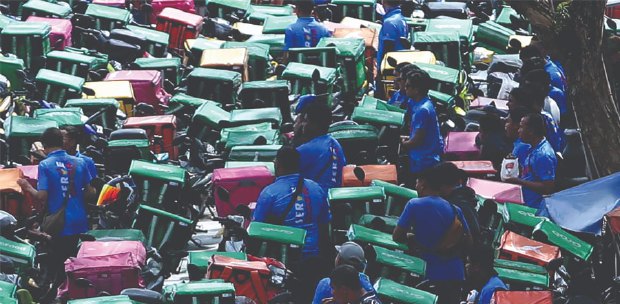LETTERS: The call for preparing university graduates for the needs of industry warrants further discussion.
Throughout history, people always feel the need to keep improving for the benefit of themselves and the community.
This would be in line with what our Higher Education Ministry wants: ensuring that graduates are marketable and have qualities sought by their future employers.
But graduates should develop their own checks and balances on how they shape themselves, their lives and their relationships with those around them.
As a human and qualitative researcher, the balance between work (profession) and life should be struck.
Currently, many young graduates are so ambitious that they hardly have a life beyond work. They seem to be working even on weekends.
Then it is back to their weekday work-home-work routine.
Many developed nations are experimenting with a four-day work week. In such an arrangement, the four days are focused on work. When it's breaktime, there is a total off-work atmosphere.
Some of my former students complain that their employers often call them to complete certain tasks or prepare reports during their days off. Whether it is right or wrong, such practices are personal and subjective.
A work-life balance starts from young when children observe how their parents spend time with them at home. Values are best upheld and not taught.
Parents who portray a good work-life balance would probably have children who would follow in their footsteps.
The Covid-19 pandemic was a great reminder for us that life is invaluable and nothing is assured.
It is important for employers and employees to understand work-life balance: that work is only part of life and not life itself.
ASSOCIATE PROFESSOR DR VISHALACHE BALAKRISHNAN
Director, Centre for Research in International and Comparative Education (CRICE);
Coordinator of SULAM@Service Learning,
Universiti Malaya
The views expressed in this article are the author's own and do not necessarily reflect those of the New Straits Times





